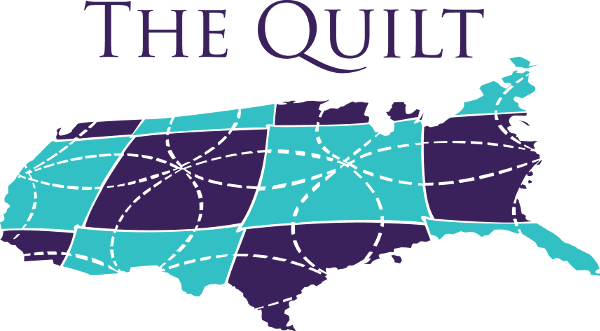In its December 14, 2017 meeting, the Federal Communications Commission (FCC) voted to roll back provisions that prevent Internet Service Providers from blocking or slowing particular parts of the Internet in favor of others. This is the concept known as “net neutrality.”
There is concern that rolling back net neutrality protections will have a negative impact on access to information and services vital for our schools, community colleges, universities, health care institutions, and other members of the research and education community.
The Quilt is a national coalition of Research and Education Networks, or RENs. The Quilt has always been and remains committed to supporting the missions of our member networks and will continue working to support the efforts of RENs to ensure that open access delivery models remain available to all stakeholders. Essential to our members are the concepts of transparency and control. As nonprofits, RENs are governed by boards and advisory committees made up of constituents who set the policies that determine how services are delivered. RENs do not block or discriminate against any legal applications or content traversing their networks and provide their user communities with operational visibility.
RENs are committed to making all of the Internet available to all users, and use a number of techniques to ensure the Internet performs well for users and does not limit access to services and content they desire. The Quilt conducts a rigorous RFP process to choose qualified vendors of Internet service that includes assurances that the full Internet is accessible, service is reliable, and prices are low. The Quilt’s 2018 Commodity RFP schedule and key milestones can be found here. Additional information and details are available in this announcement.
RENs also make direct “peering” connections with content providers where large amounts of traffic are exchanged. RENs and Internet2 also expand their peering capabilities with additional peering arrangements available through their networks. Additionally, content distribution networks operated by Akamai, Netflix and others are hosted inside REN networks to improve performance and access. It is this comprehensive, cost-conscious approach to maintaining great networking performance, reliability, and access that make RENs so special.
When the R&E community originally built the Internet, the principle of a free and open network was a key component to the innovation and evolution that led to the Internet as we know it today. Without it, we could not have created a network community of equals across different disciplines among the private and public sector worldwide. It is clear any change to that fundamental principle will change inter-networking which is why our primary focus is to make sure that the research and education community participates in a global Internet in an unrestricted capacity for all innovators.
